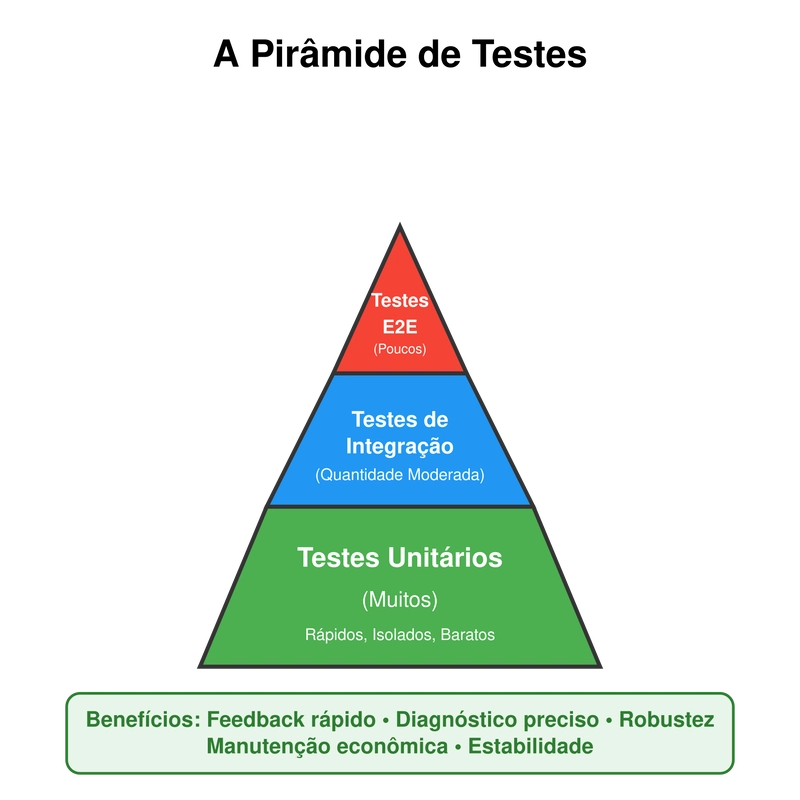Introduction
Interviews for a Software Development Engineer in Test (SDET) role can be challenging, as they combine software development skills with testing strategies. Proper preparation will help you stand out and demonstrate your ability to improve software quality through automation and best testing practices.
Types of Interviews for an SDET
Throughout the selection process, you may encounter different types of interviews:
- General Testing Knowledge: Fundamentals of testing, quality strategies and types of tests (unit, integration, E2E, etc.).
- Coding Exercises: Solving algorithmic problems and working with data structures in a relevant programming language (Java, Python, JavaScript, etc.).
- Test Automation Framework Design: Automation architecture, Page Object Model (POM), Screenplay, testing with Appium, Selenium, Cypress, or Playwright.
- API and Performance Testing: Using Postman, RestAssured, JMeter, or k6 to validate APIs and system performance.
- CI/CD and DevOps Testing: Integrating automated tests into CI/CD pipelines (GitHub Actions, GitLab CI/CD, Jenkins, Docker).
How to Prepare for Each Type of Interview
✅ Software Testing and QA Fundamentals:
- Review about the testing pyramid, test coverage, and quality strategies. Do not forget about test case design techniques and proper bug reporting.
- Resources: ISTQB Foundation, technical blogs, official testing tool documentation.
✅ Programming Skills:
- Practice problems on platforms like LeetCode, HackerRank, or Code Wars.
- Learn about data structures. Not only arrays, try to review the more complex data structures as well, like liked lists, stacks and queues, hash tables and trees.
- Knowing types of algorythms and how to determine complexity is a must for the coding interview.
✅ Test Automation Framework Design:
- Build a framework from scratch and document its architecture.
- Explain the use of patterns such as Page Object Model and Screenplay.
✅ API and Performance Testing:
- Learn to automate API testing with tools like RestAssured and Postman.
- Simulate loads with JMeter, Locust or k6 and analyze the results.
✅ CI/CD and DevOps for QA:
- Get familiar with Docker and Kubernetes for testing environments.
- Implement automated tests in a continuous integration pipeline. It doesn't have to be too fancy, a local Jenkins instance will make the job, and if you run it with Docker, you'll kill two birds with one stone.
Interview Tips
- Explain your technical decisions out loud.
- Have concrete examples of problems you solved in previous jobs.
- Ask the interviewer questions about the company's quality processes.
Useful Resources
- Books: "Automating the Boring Stuff with Python," "Clean Code" by Robert C. Martin.
- Courses: Udemy, Coursera, and Pluralsight on automation and testing.
- Recommended GitHub repositories on automation frameworks.
Conclusion
Continuous preparation is key to excelling in a technical interview as an SDET. Each interview is a learning opportunity, and improving your technical knowledge and automation skills will make you a stronger candidate.

